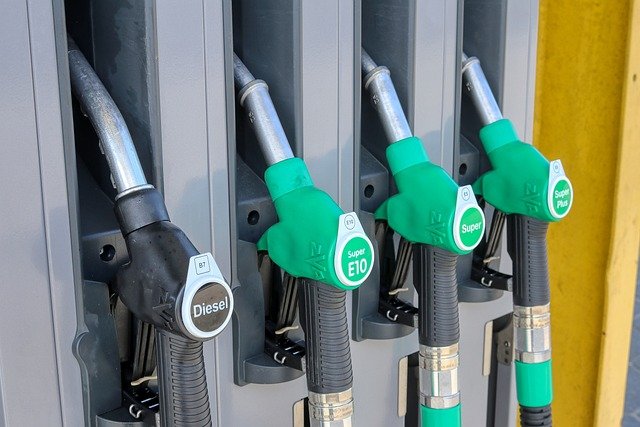Power Generators: Ensuring Reliable Energy When You Need It Most
In today's world, where our daily lives are increasingly dependent on electricity, power generators have become an essential backup solution for homes, businesses, and various industries. From portable units to solar-powered alternatives, these devices offer a reliable source of energy during outages, emergencies, or in remote locations. This article delves into the world of power generators, exploring their types, applications, and benefits, with a focus on portable generators, solar-powered generators, and emergency power supply options.

What are power generators and how do they work?
Power generators are devices that convert mechanical energy into electrical energy. They typically use fuel sources such as gasoline, diesel, natural gas, or renewable energy like solar power to produce electricity. The basic principle involves rotating a magnetic field around a conductor, which induces an electric current. This process, known as electromagnetic induction, is the foundation for most power generation methods.
What are the main types of power generators available?
There are several types of power generators designed to meet various needs:
-
Portable generators: These compact units are easily transportable and ideal for camping, outdoor events, or temporary power needs.
-
Standby generators: Permanently installed, these automatically kick in during power outages, providing seamless backup power for homes and businesses.
-
Solar-powered generators: Harnessing the sun’s energy, these eco-friendly options offer clean and renewable power, especially useful in remote areas.
-
Inverter generators: Known for producing clean, stable power, these are suitable for sensitive electronic devices.
-
Industrial generators: Large-scale units designed for continuous power supply in commercial and industrial settings.
What are the benefits of using portable generators?
Portable generators offer numerous advantages:
-
Mobility: Easy to move and set up, they’re perfect for outdoor activities or emergency situations.
-
Versatility: Can power various appliances and tools in different settings.
-
Cost-effective: Generally more affordable than permanent standby generators.
-
User-friendly: Simple to operate and maintain, even for those with limited technical knowledge.
-
Immediate power: Provide instant electricity when and where you need it.
How do solar-powered generators contribute to sustainable energy?
Solar-powered generators are gaining popularity due to their environmental benefits and long-term cost-effectiveness:
-
Clean energy: Produce electricity without emissions or fuel consumption.
-
Low maintenance: Few moving parts mean less wear and tear.
-
Silent operation: Ideal for noise-sensitive environments.
-
Energy independence: Reduce reliance on the grid and fossil fuels.
-
Scalability: Can be expanded with additional solar panels for increased capacity.
What role do power generators play in emergency preparedness?
In the United Kingdom, where severe weather events and power outages can occur, power generators play a crucial role in emergency preparedness. They ensure continuity of essential services, protect vulnerable populations, and maintain communication systems during crises. For households, a reliable generator can keep refrigerators running, maintain heating or cooling systems, and power medical devices during extended outages.
How do you choose the right power generator for your needs?
Selecting the appropriate power generator depends on several factors:
-
Power requirements: Calculate the total wattage of appliances you need to run simultaneously.
-
Fuel type: Consider availability, storage, and environmental impact of different fuel options.
-
Portability vs. stationary: Determine if you need a mobile solution or a permanent installation.
-
Noise levels: Important for residential areas or noise-sensitive environments.
-
Runtime and fuel efficiency: Consider how long the generator can operate on a single tank or charge.
-
Safety features: Look for overload protection, low-oil shutoff, and weather-resistant designs.
| Generator Type | Power Output | Fuel Type | Estimated Cost Range (GBP) |
|---|---|---|---|
| Portable Gas | 2000-7500W | Gasoline | £300 - £1,500 |
| Inverter | 1000-4000W | Gasoline | £500 - £3,000 |
| Solar | 500-3000W | Solar | £800 - £5,000 |
| Standby | 5000-20000W | Natural Gas/Propane | £2,000 - £10,000 |
Prices, rates, or cost estimates mentioned in this article are based on the latest available information but may change over time. Independent research is advised before making financial decisions.
In conclusion, power generators provide essential backup and primary power solutions for a wide range of applications. Whether you’re looking for a portable option for outdoor adventures, a solar-powered system for sustainable energy, or a robust emergency power supply, there’s a generator to suit your needs. By understanding the different types, their benefits, and key selection criteria, you can make an informed decision to ensure reliable power when you need it most.




